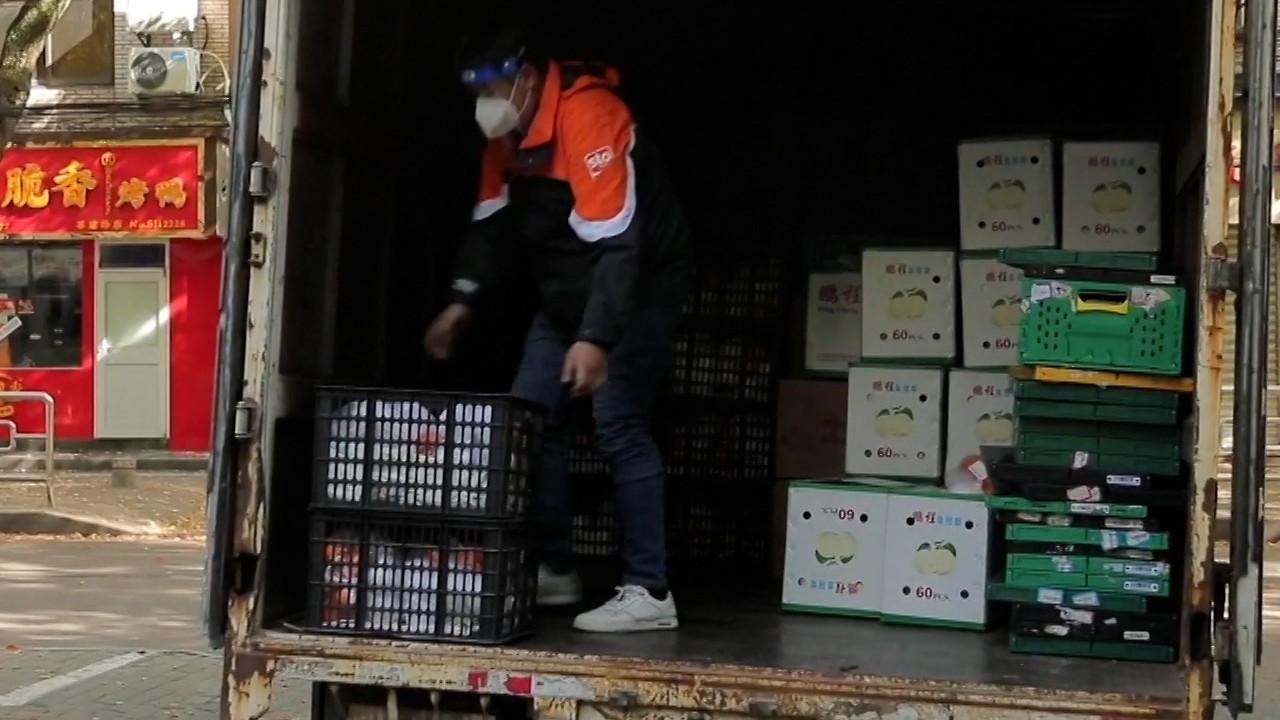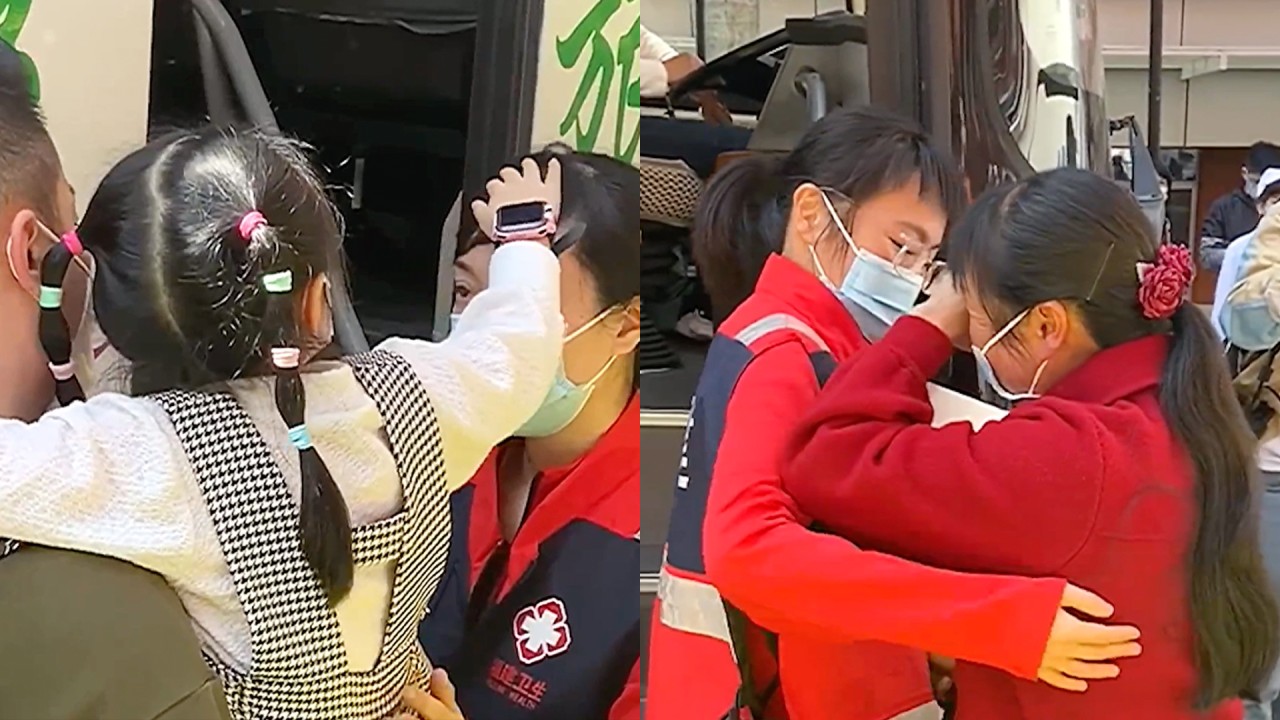
Learning from Hong Kong, China targets elderly in Covid-19 vaccine drive
- The drive is fuelled by the high transmissibility of Omicron and the toll among seniors in the southern city
- Just over half of the country’s people over 60 have had a booster
In the early stages of the pandemic, China gave vaccination priority to health workers, people at higher risk of catching Covid-19, and essential workers.
Elderly people were considered at lower risk of exposure, given that many lived inland away from border areas and in rural communities.
Shanghai lesson sees Guangdong taking zero chances with zero Covid
Now provinces and cities across the country are encouraging unvaccinated people above 60 to get their first shot, given the vaccination rates in this group compared with the same cohort in other countries.
But in China, out of the 264 million people aged over 60, about 80 per cent of them had been fully vaccinated as of last Tuesday and only 55 per cent have received a booster shot, according to the National Health Commission.
By comparison, around 88 per cent of the country’s 1.41 billion people are fully vaccinated.
The northwestern province of Qinghai said it aimed to give over 560,000 people aged 60 and above a first dose by the end of April to reach a vaccination rate of over 78 per cent.
In the southeastern province of Guangdong, where 19 symptomatic cases and 18 asymptomatic infections were reported on Monday, local health authorities have called on its 15.6 million people aged over 60 to get their shots as soon as possible.
Some neighbourhood communities in Beijing’s Chaoyang district also said last month that people above 60 would be given 300-500 yuan (US$47-78) as an incentive to have their first jab.
To drive home the message, the Chinese Centre for Disease Control and Prevention published an article last week urging unvaccinated elderly people to get the shots as soon as possible.
“The vaccination rate in some regions in China is relatively low and the risk of severe illness and death will be high if these people are infected,” the article said.
China can learn from Omicron to protect the elderly: health expert
Zheng Zhongwei, an official who oversees Covid-19 vaccine development at the NHC, was quoted by state news agency Xinhua on Sunday as saying that seniors were the most vulnerable group of the population.
“Once infected, they have a much higher severe illness and mortality rate than the rest of the population,” Zheng warned.
Lu Hongzhou, an infectious disease specialist who heads Shenzhen’s medical expert team on pandemic control, said the elderly were at a higher risk of severe illness and death if they caught the virus.
Lu said they should be vaccinated regardless of their underlying conditions or metabolic diseases.
He said the people with cancer, immune deficiencies, and metabolic disorders were initially excluded from getting the vaccines.
“But they are the groups of people with a higher risk and they need to be vaccinated. Now we are doing this work,” he said.
Lu added that the low vaccination rates among the elderly were also related to the “Covid-free” environment on the mainland, with some people not sensing the urgency for the shots.
An immunology expert in Beijing, who declined to be named, said China had been cautious about giving the shots to the elderly because the vaccines were new and their safety record was not observed.
“Promoting the elderly to get the vaccine is a good thing but we should provide appropriate services as the elderly are easy to be infected and some may have underlying conditions,” he said.
China reported 1,184 confirmed cases and 26,411 new asymptomatic infections on Monday, with more than 25,000 asymptomatic cases reported in Shanghai.
Despite the record numbers, China is doubling down on its “dynamic zero-Covid” strategy, which involves strict lockdowns and mass testing.
Lu, who is also the head of the Third People’s Hospital of Shenzhen, said China could only open up when it achieved “widespread immunity” through effective vaccination.
“It depends on vaccines and small-molecule drugs,” he said.



